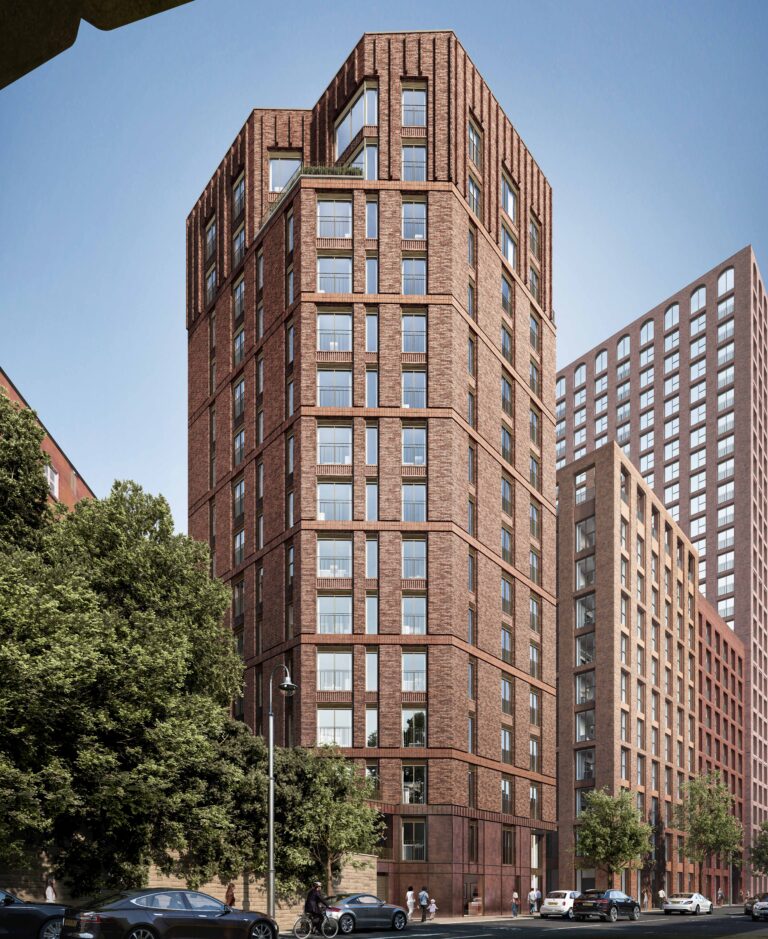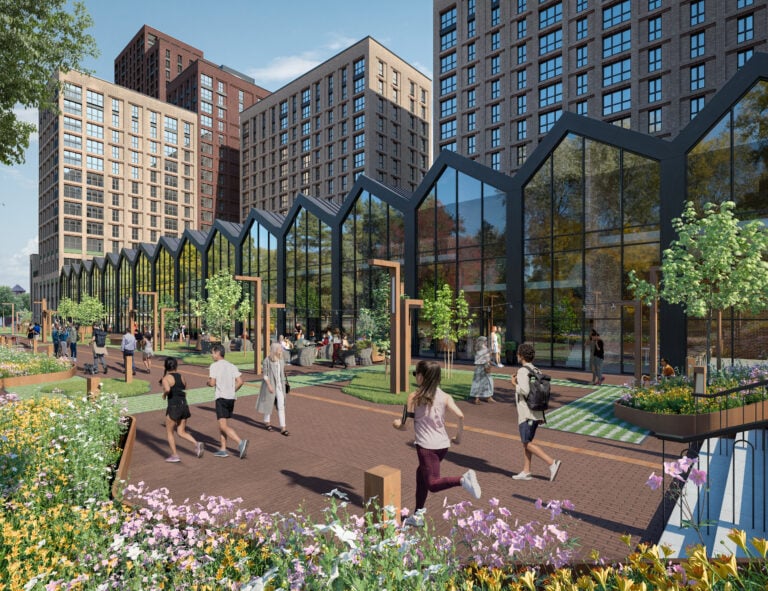New housebuilding reforms announced by the government will unlock barriers for small to medium-sized developers to deliver more homes at a faster pace.
The government has recognised the “critical role” that smaller housebuilders play in the creation of new homes, with fresh plans being revealed that will offer more straightforward rules and faster decisions through modernised planning committees.
The new system should make it easier for smaller builders to get “spades in the ground”, says the Ministry of Housing, by streamlining complex planning rules and easing the regulatory burden. There will also be more “financial firepower” for SME builders.
It is all part of the UK government’s Plan for Change, with a goal of 1.5 million new homes being created in order to ease supply constraints in the UK property market and boost homeownership by kickstarting housebuilding across the country.
What are the latest housebuilding reforms?
According to the UK government, the new housebuilding proposals include:
- Faster decisions for small sites: Minor developments of up to nine homes will benefit from streamlined planning and eased Biodiversity Net Gain (BNG) requirements, with faster decisions being taken by expert planning officers, not planning committees;
- A new ‘medium site’ category: Sites between ten to 49 homes will face simpler rules and fewer costs – including a proposed exemption from the Building Safety Levy and simplified BNG rules, making it easier to deliver biodiverse habitats on these sites, delivering a win-win for nature and development;
- More land and financing options for SMEs: Homes England will release more of its land exclusively to SMEs, and a new National Housing Delivery Fund to be confirmed at the spending review will support long-term finance options, such as revolving credit facilities and lending alliances.
- A new pilot to unlock small sites for SMEs: the Small Sites Aggregator will bring together small brownfield sites that would otherwise not have been developed, and attract private investment to build new social rent homes and address temporary accommodation challenges. Building on a model developed by Lloyds Banking Group’s Social Housing Initiative, the Small Sites Aggregator will be trialled this year with input from Bristol, Sheffield and the London Borough of Lewisham and with the support of their regional authorities. This will help tackle the housing shortage, address unviable small plots of land, and create local jobs supporting the government’s Plan for Change.
Essentially, the government notes that the new modernised planning committees will include elected councillors who focus on the “most significant proposals and larger developments rather than small-scale projects or niche technical details”.
This should prevent housebuilding plans being shifted back and forth to committees ironing out technical details, which should accelerate housebuilding while saving council planning departments time and money.
£6.8bn added to the economy
Through the government’s planning overhaul so far, including the new National Planning Policy Framework, housebuilding is expected to be driven to its highest level in more than four decades, with £6.8bn expected to be added to the economy by 2030.
As part of housebuilding plans, 120,000 new apprentices, including within the construction industry, are to be trained up in order to address the skills shortage that has impacted the sector in recent years.
Local builders are also due to receive support through:
- £100 million in SME Accelerator Loans to help smaller firms to grow and invest using part of the £700 million extension to the Home Building Fund announced in December.
- £10 million for councils to fund more specialists to speed up environmental assessments, getting spades in the ground faster.
- A £1.2 million PropTech Innovation Fund to support innovation in small site delivery, for example through use of new data tools.
A challenging ambition
Nathan Emerson, CEO of Propertymark, said: “Keeping pace with housing demand remains an incredibly challenging ambition to achieve. It is important to review the entire homebuilding process from top to bottom to help ensure the process identifies areas of potential housing need and delivers a streamlined process that supports the provision of sustainable housing.
“We currently have the Planning and Infrastructure Bill working its way through Westminster; however, this still has some distance to go before it becomes law. Ultimately, we need a process that considers the wider picture, and it is important to factor in the creation of a workforce that brings the required skillsets to construct much needed new homes. It is also crucial to establish a materials supply chain that brings efficiency and consumer value.”










